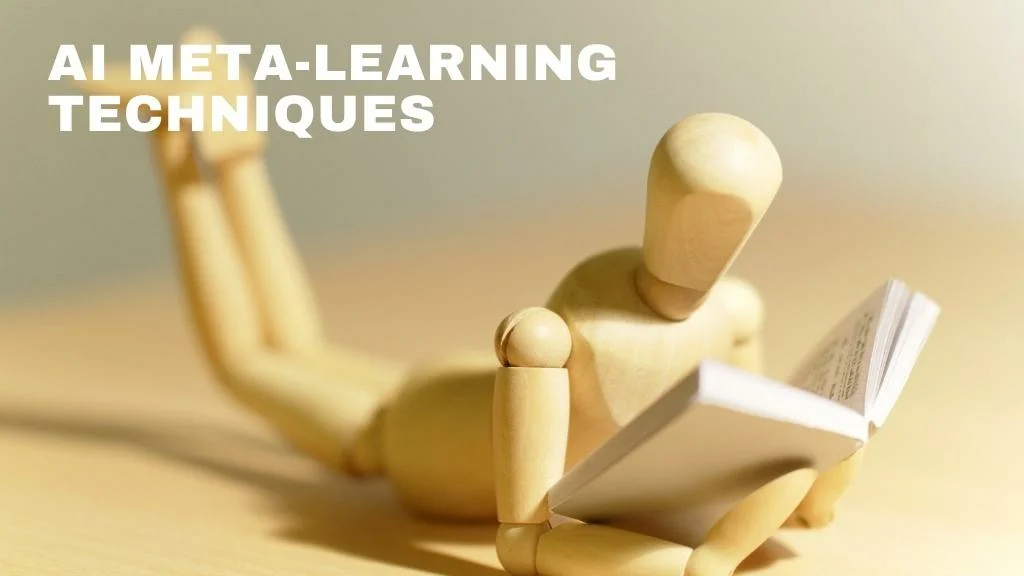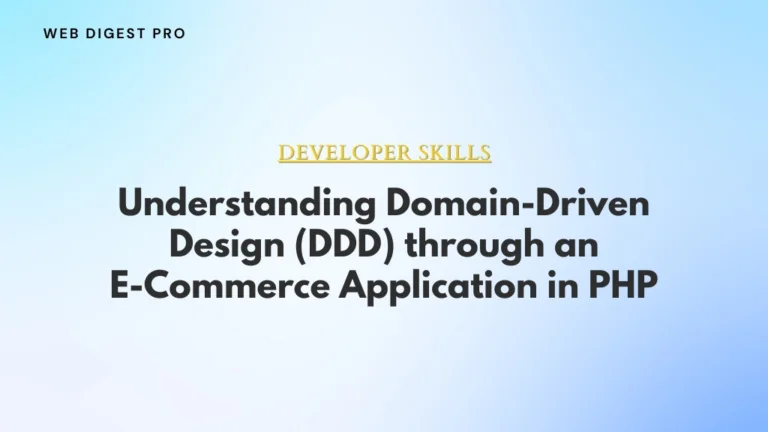Meta-learning stands out as a transformative approach. But what exactly is meta-learning, and why should you care about it? Meta-learning, often referred to as “learning to learn,” is an innovative technique where models are designed to improve their learning efficiency over time. This article delves into meta-learning techniques, their applications, challenges, and future trends, giving you a comprehensive understanding of this cutting-edge field.
What is Meta-Learning?
Meta-learning is a higher-level learning strategy where algorithms learn from their own learning processes. It allows models to adapt and improve their performance across different tasks by leveraging their previous experiences. Historically, meta-learning emerged from the need to create models that can quickly adapt to new environments or tasks with minimal additional training. Understanding meta-learning involves exploring how it builds upon traditional machine learning methods to enhance their flexibility and efficiency.
Types of Meta-Learning Techniques
Meta-learning encompasses various techniques, each contributing uniquely to the field of AI. Here are some prominent ones:
- Model-Agnostic Meta-Learning (MAML)
- What is MAML? Model-Agnostic Meta-Learning (MAML) is a technique that optimizes a model so it can quickly adapt to new tasks with just a few training examples. By training a model on a variety of tasks, MAML enables it to perform well on new tasks with minimal fine-tuning.
- Applications: MAML is widely used in applications such as image classification, natural language processing, and reinforcement learning, where rapid adaptation to new data is crucial.
- Meta-Learning with Neural Architecture Search
- Overview: This technique involves using meta-learning to find the optimal neural network architectures. By automating the process of designing neural networks, it reduces the need for manual tuning and accelerates model development.
- Examples: Notable examples include Google’s AutoML and NAS (Neural Architecture Search), which have significantly advanced the design of efficient neural networks.
- Few-Shot Learning
- What is Few-Shot Learning? Few-shot learning is a subset of meta-learning focused on making accurate predictions from very few training examples. It leverages meta-learning to generalize from limited data.
- Techniques: Key methods include Siamese Networks, which compare the similarity between examples, and Prototypical Networks, which classify data based on the distance to prototype representations.
- Learning to Learn Algorithms
- Concept: These algorithms are designed to improve their learning processes based on previous experiences. They adapt their learning strategies to become more effective over time.
- Impact: These algorithms enhance the efficiency of various learning tasks by refining their approach based on past performance.
Practical Applications of Meta-Learning
Meta-learning isn’t just theoretical; it has practical applications across various industries:
- Healthcare: In personalized medicine, meta-learning helps in creating models that adapt to individual patient data, improving diagnostic accuracy and treatment plans.
- Finance: Meta-learning aids in algorithmic trading and risk assessment by enabling models to quickly adapt to changing market conditions.
- Robotics: Robots equipped with meta-learning techniques can learn and adapt to new tasks and environments, improving their versatility and functionality.
Challenges and Limitations
Despite its potential, meta-learning faces several challenges:
- Computational Resources: Meta-learning techniques often require substantial computational power and resources, making them less accessible for smaller projects.
- Generalization: Ensuring that meta-learned models generalize well to entirely new tasks remains a challenge. Overfitting to specific tasks can limit their effectiveness.
- Data Requirements: Meta-learning models often need large and diverse datasets to train effectively, which can be a limitation in data-scarce scenarios.
Future Trends in Meta-Learning
The future of meta-learning is bright and filled with potential advancements:
- Advancements: Emerging research is focusing on improving the efficiency and scalability of meta-learning algorithms. Expect to see more sophisticated techniques that reduce computational costs and enhance adaptability.
- Integration with Other AI Technologies: Meta-learning is likely to integrate with other advancements, such as generative models and reinforcement learning, creating more powerful and versatile AI systems.
Conclusion
Meta-learning is shaping the future of artificial intelligence by making models more adaptable and efficient. As the field continues to evolve, it will undoubtedly lead to significant breakthroughs in various applications. Whether you’re a researcher, developer, or enthusiast, staying informed about meta-learning techniques will help you stay ahead in the rapidly advancing AI landscape.
References and Further Reading
- Books and Papers: For a deeper dive, check out seminal papers like “Model-Agnostic Meta-Learning for Fast Adaptation of Deep Networks” by Finn et al., and “Learning to Learn by Gradient Descent by Gradient Descent” by Andrychowicz et al.
- Online Resources: Explore online courses and tutorials on meta-learning, such as those available on Coursera and edX, to further your understanding and application of these techniques.
Written by Dimitrios S. Sfyris, developer and founder of AspectSoft, a software company specializing in innovative solutions. Follow me on LinkedIn for more insightful articles and updates on cutting-edge technologies.
Subscribe to our newsletter!













+ There are no comments
Add yours